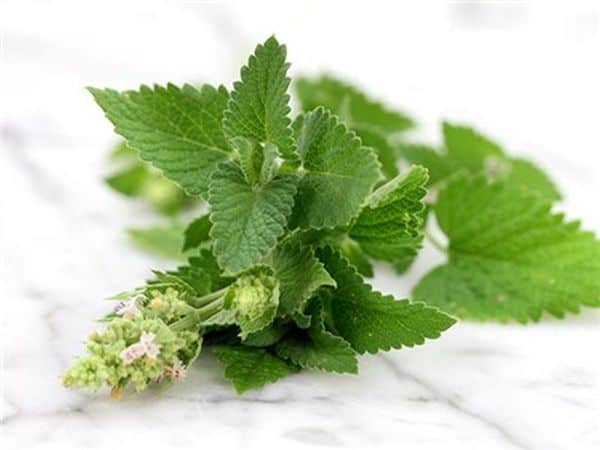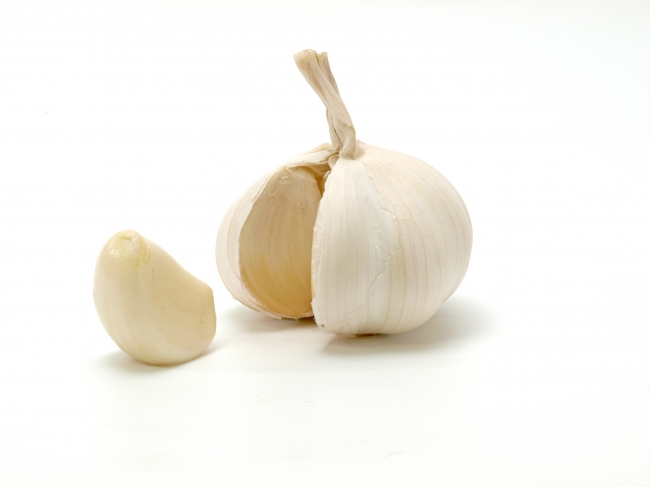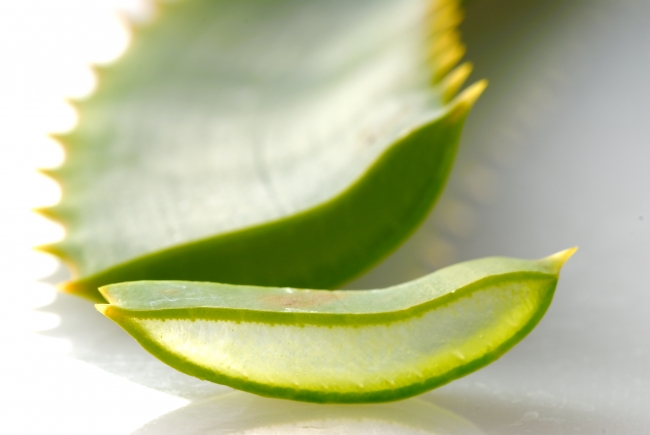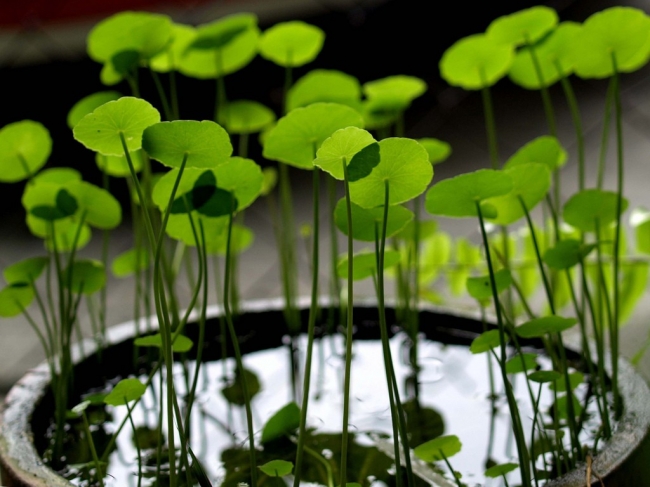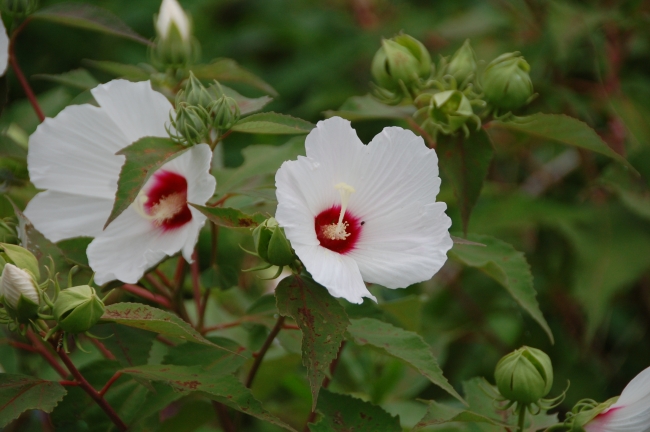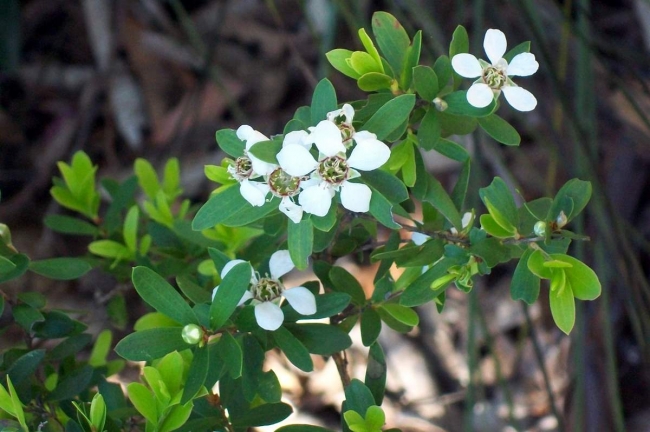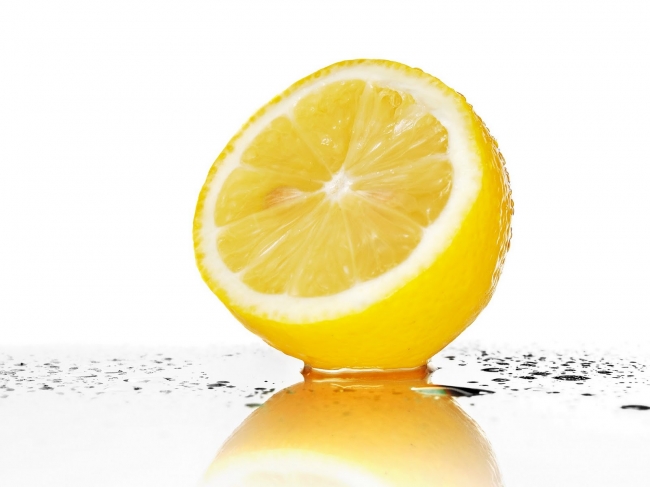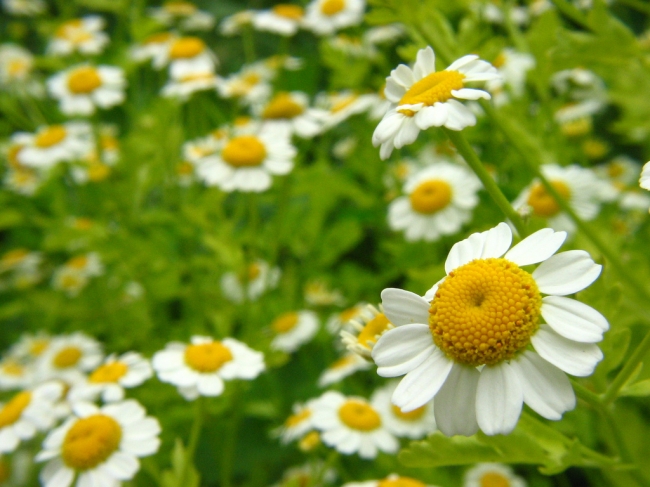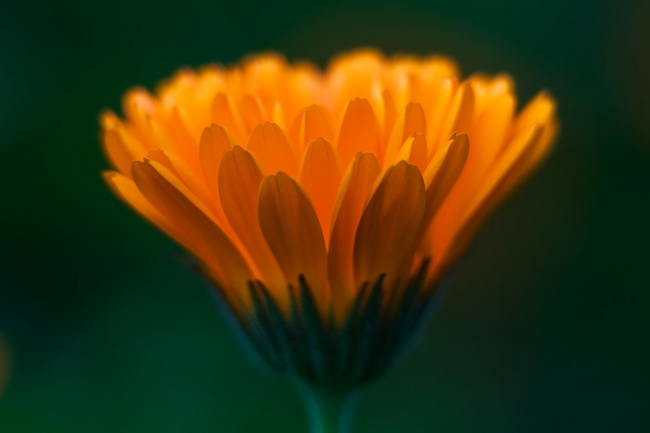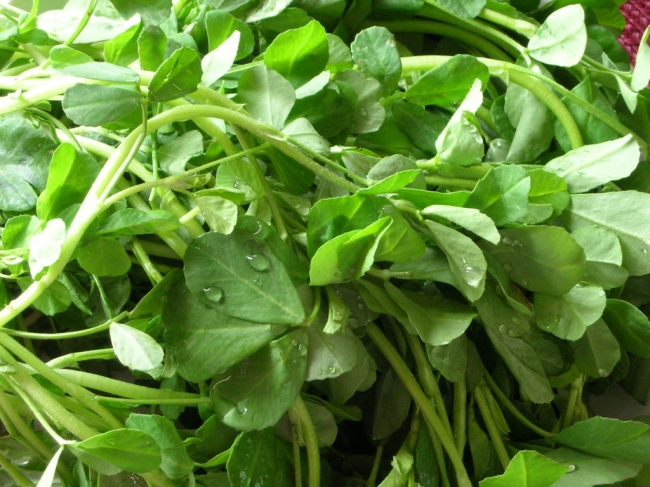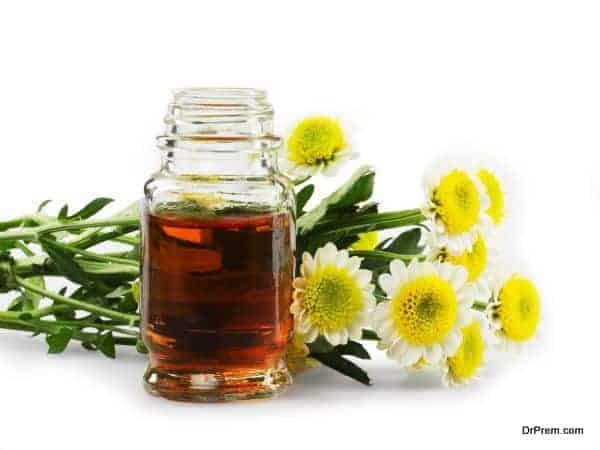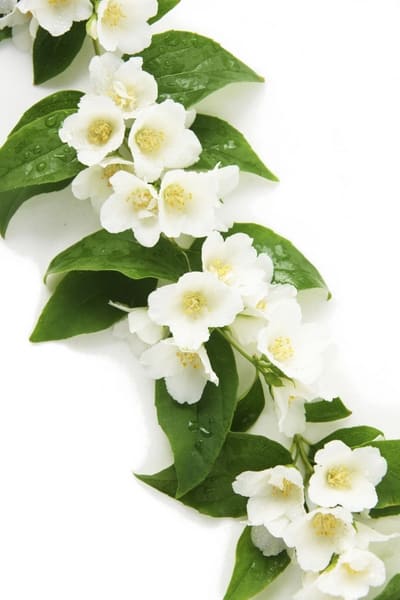Medicinal plants have been around for quite some time. They prove to be beneficial as they are 100% natural, more practical and safe to use. Most medicinal plants are used in preparing our food and have no side effects at all. They can also be grown in your backyard. Here are some of the basic uses of the most useful medicinal plants you need to incorporate in your diet.
Garlic (Allium sativum)
Garlic has been traditionally used in treating candida, ringworm, vaginitis. Because of its fungicidal, tonic, antiseptic and parasiticidal properties, it is used in typhoid-enteritis. It helps in detoxifying from chronic lead poisoning. Daily inclusion of garlic in your diet improves blood circulation and the heart. People of Spain and Italy are known to consume this bulb in large quantities and, therefore, show a low incidence of arteriosclerosis. Garlic also slows down glucose metabolism in diabetics and reduces the risk of heart attacks. Fresh garlic is medicinally more effective than stored cloves.
Breastfeeding women are advised against from using large doses of the bulb as it may worsen the baby’s colic. People with bad breath and patients who have undergone surgery must limit the intake of the bulb.
Aloe vera
Aloe vera is widely used in herbal preparations. The leaves are cut in half and the inner gel is gently rubbed on wounds, burns and other skin disorders for a soothing effect. The yellow sap at the base of the leaf contains anthraquinones and is used as a digestive stimulant and a laxative. Extracts of aloe vera plants have antibacterial properties. Internal consumption of aloe vera treats chronic constipation, poor appetite and digestive disorders. Cases of cancer are also treated with aloe vera.
Pregnant women, people with haemorrhoids or irritable bowel syndrome should not be given large doses of aloe vera. Long term use of the gel may result in skin rashes, loss of electrolytes, kidney damage and oedema.
Gotu kola (Centella asiatica)
Gotu kola is an important medicinal plant, extensively used in the West. In India, it is known as Brahmi, a revitalizing herb which strengthens the nervous system. It is used for treating skin and digestive disorders. The entire plant acts as a cardio-depressant and tonic. It improves memory and immunity. Brahmi lightens scars and repairs circulatory disorders in the legs. It can also be applied on wounds and rheumatic joints. A wide range of nervous problems such as multisclerosis can be cured by regular use of this herb. High intake of the herb causes headaches and unconsciousness for a short while. The herb is best used in its fresh form.
Marshmallow (Althaea officinalis)
Marshmallow is used as a household medicinal plant. Its soothing action is helpful in treating irritations of the mucous membranes. It can be applied to bruises, insect bites, sprains, splinters, aching muscles, etc. The root of the plant is highly emollient, diuretic and slightly laxative. Infusion made from leaves is used in treating cystitis and irregular urination. The root is used as an ointment to treat boils. Children can also use the root as a tooth brush where it eases the toothache. So far, no side effects have been reported.
Tea tree (Melaleuca alternifolia)
Tea tree has essential oils and is popularly used as a natural antiseptic. It is helpful in treating all sorts of skin infections, burns, wounds and stings. It improves the immune system and is known to cure bacterial and fungal infections. It is used internally in the treatment of cystitis, chronic infections and glandular fever. Externally, it is used to treat thrush, acne, athlete’s foot, clod sores and insect bites. The oils are diluted with other oils such as almond oil and applied to warts and nits.
Lemon (Citrus limon)
Lemons are wonderful defensive medicines and are widely used in domestic medicinal remedies. They are rich in vitamin C which helps in treating scurvy. The juice is used as a gargle for sore throats. They are also used in treating malaria and other fevers. As the fruit has an alkalizing effect, it is helpful in the treatment of rheumatic conditions. The skin of the lemon is used as a carminative and stomachic. An essential oil is extracted from the rind which is used in aromatherapy. The bioflavins present in the fruit strengthens the inner lining of blood vessels. Overall, it refreshes the entire body.
German camomile (Matricaria recutita)
German chamomile is widely used as an herbal medicine in the West. It is effective in treating digestive disorders, irritability and nervous tension. An infusion of the chamomile flowers when taken internally functions as a vasodilator, anodyne, anti-inflammatory, antiseptic, sedative and carminative. It is also helpful in treating irritable bowel syndrome, peptic ulcers, Crohn’s disesase and hernia. The flowers are used externally to treat sunburns, haemorrhoids, wounds and leg ulcers. The volatile oils present in the flowers are known to cure asthma and hay fever. Due to its antiallergenic properties the flowers are used in cosmetics.
Pot marigold (Calendula officinalis)
Pot marigold is one of the most versatile herbs used in Western herbal medicines. Only the deep-orange flowered variety of pot marigold has the medicinal value. It is a remedy for skin problems and can be used externally for healing bites and stings, sore eyes, varicose veins, wounds etc. It acts as a detoxifying and cleansing herb, and when taken internally treats fevers and chronic infections. It is recommended that the plant should be harvested in the mornings. The flowers and leaves can be used both in fresh or dried forms. A decoction of the petals when taken regularly improves blood circulation and eases varicose veins. The crushed stems are applied to corns and warts, which get easily removed. The leaves and floral parts are used in homeopathic medicines. If you are allergic to daisy family plants, then there are chances of developing allergy to this plant.
Fenugreek (Trigonella foenum-graecum)
Fenugreek, also known as ‘methi’ in the Indian subcontinent, is commonly used in herbal medicines on almost all continents. The seeds are effective in inhibiting liver cancer. The seeds produce strong mucilage which is used in the treatment of inflammation and ulcers of stomach and intestine. A decoction of the ground seeds when taken internally drains off the sweat ducts. It is helpful in the treatment of onset of diabetes and poor digestion. It also nourishes women suf
fering from menstrual problems, labour pain and insufficient lactation. The seeds are known to freshen bad breath. The powdered seeds can be used externally for boils, burns or as a douche for excessive vaginal discharge. The compounds extracted from this plant are known to reduce blood cholesterol and used as cardiotonic. As the seeds induce uterine contractions, it is not medicinally prescribed for pregnant women.


